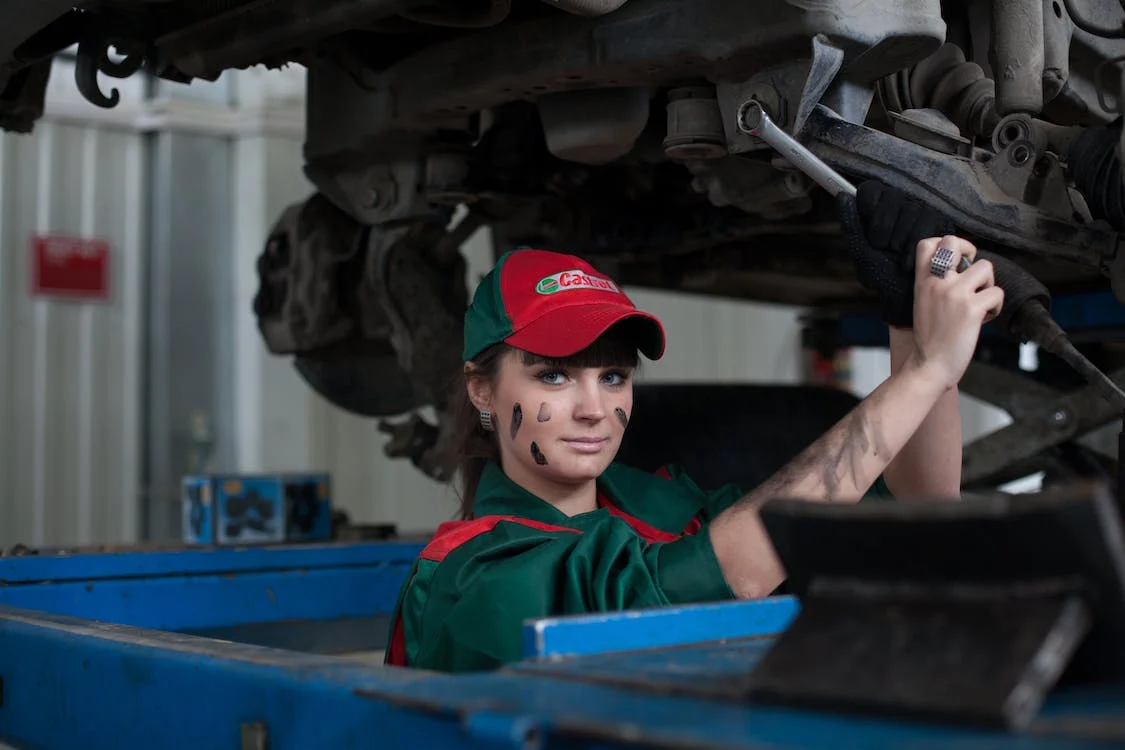Working in, around and under cars is often a hazardous task and environment to operate in. The dangers are prevalent and, as such, mechanics need to ensure they are protected appropriately. Personal protective equipment is commonplace across many industries but mechanics often need to use specific pieces to mitigate the risks of working with vehicles. In this article, we’ll run through the most common personal protection measures that mechanics or amateur car enthusiasts should be using when working on cars.
Work Gloves/Disposable Gloves
Perhaps the most essential PPE for mechanics and anyone working with cars is protective gloves. Some will prefer to use thicker work gloves when working with parts and components, whereas other more delicate tasks can be completed with disposable gloves – usually made from nitrile.
Wearing gloves when working with vehicles serves a few purposes. First and foremost, it protects your hands from harsh chemicals, substances and oils that can irritate your skin. They also help to avoid getting your hands getting incredibly dirty and covered in dirt, grime and everything else that can sit on car parts. Thicker work gloves will also help to protect your hands from potential cuts and scrapes that can make working quite uncomfortable.
Safety Footwear
Another essential item of personal protection that should be worn when working with cars is safety boots or shoes. Many car parts are relatively heavy and dropping these on your feet could cause serious damage. Workshops and garages are also typically quite hazardous environments, so safety footwear can help to protect your feet from accidental injury.
Protective Clothing
Working with cars isn’t a clean process so measures are needed in order to protect your skin and normal clothes. Much like wearing gloves, protective clothing helps to keep your skin covered and will allow you to avoid getting your other clothes dirty or harming your skin. Overalls and coveralls are popular items for mechanics, but aprons, work trousers/jackets or even old clothes can make do.
Respirators
These are more for professionals that work in car detailing and spray painting workshops, but respirators are essential to avoid inhaling harmful chemicals and substances. They filter the air you breathe in to remove any particulates and molecules that could impact your lungs or other organs. In environments where solvents and paints are used – they are a necessity to protect your health.
Eye and Ear Protection
These are rarely used in garages and workshops, but they can play an important role in some tasks. It’s recommended that you wear eye protection when working with moving parts or running engines because you never know what can go wrong or go flying. Ear plugs or defenders can be useful when working in noisy environments such as when power tools are being used on vehicles and when you’re inspecting running engines to spot signs of damage.

